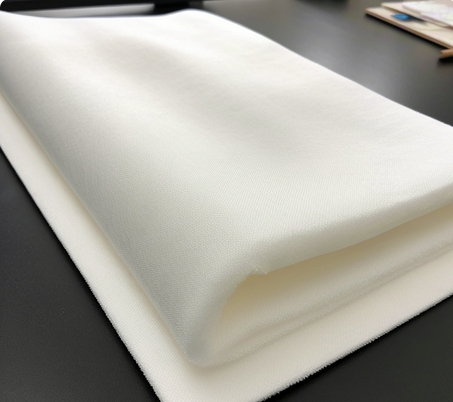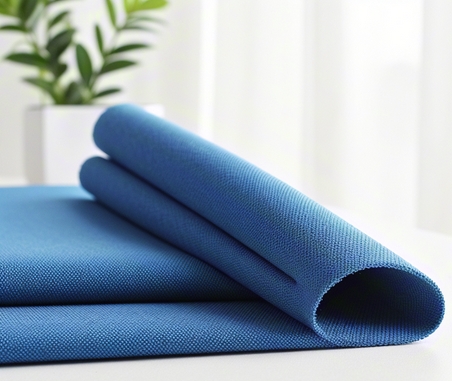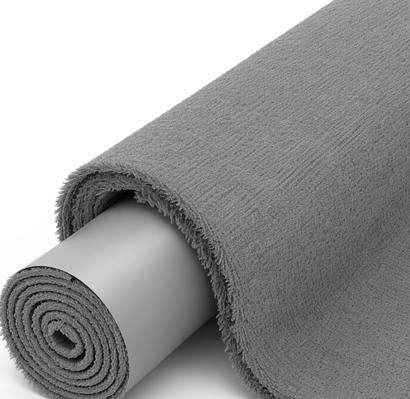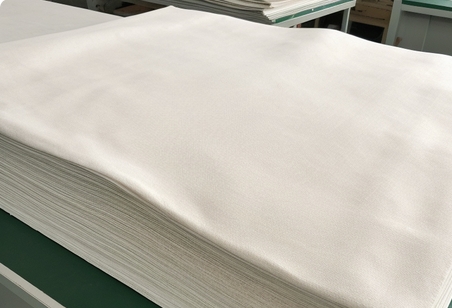Language

Industrial-grade clean wipe solutions: scientific selection system for 9 major application scenarios
In the fields of microelectronics manufacturing and clean room maintenance, the choice of professional dust-free cloth directly affects product qualification rate and process stability. As a clean consumables supplier certified by ISO 14644-1 Class 5, we systematically analyze the matching solutions for wipe materials in different production scenarios based on 25 years of industry service experience and laboratory verification data:
1. Precision surface decontamination treatment is recommended to use microfiber dust-free cloth (diameter 0.05μm) for nonlevel cleaning needs such as optical lenses and semiconductor wafers. Its unique wedge-shaped fiber cross-section is like a mini-scraper, showing an organic solvent absorption efficiency of 98.2% in laboratory comparison tests, which increases the contact area by 32% compared with ordinary polyester materials. The practical application data of a lithography machine manufacturer shows that this solution reduces the wafer surface residue from 5.2ppm to 0.8ppm.
2. Adhesive residue removal strategy When dealing with UV cured glue or epoxy resin, a twill woven dust-free cloth should be used. Its 3D three-dimensional structure produces an effective peeling force of 8.5N/cm² in the ASTM D4966 standard test. Combined with the mechanical friction coefficient of the mesh polyester material (μ=0.23), it can remove 5μm-level residue without scratches. According to the case of medical device manufacturers, the solution reduces the failure rate of catheter bonding process from 7.1% to 1.9%.
3. Control of large-particle pollutants. Facing the 50-200μm metal dust in the automotive spraying workshop, it is recommended to use a knitted air diversion dust-free cloth. Its honeycomb-like pore size structure guides the directional aggregation of particulate matter through the Bernoulli effect, achieving a capture rate of 92% for a single wipe in wind tunnel test. After the application of a new energy battery factory, the particle pollution accident in the electrode coating process was reduced by 67%.
4. The ultra-clean environmental maintenance standard is a 100-year clean room (ISO Class 5) that must use an ionic air-cleaned A-grade dust-free cloth, and the particle release amount is controlled at 0.3μm particles ≤80/m³ (30% over GMP standard). The dual laser edge sealing process can reduce the fiber shedding rate to 0.001g/m². Verification by a certain biopharmaceutical company shows that the solution reduces the contamination rate of Petra dish from 0.35% to 0.07%.
5. Silicon-sensitive surface treatment LCD panel cleaning and other scenarios require a GC-MS certified silicone-free wipe cloth. Its special passivation process controls the silicone content below 0.02ppm. After the application of a certain 8.5-generation wire panel factory, the Mural defect incidence rate dropped from 7.3% to 1.6%. Laboratory accelerated aging tests showed that the material still maintained a silicon residue of<0.05ppm after 72 hours of IPA soaking.
6. For electrostatic sensitive environment solutions, it is recommended to use anti-static dust-free cloth with surface resistance of 10^6-10^9Ω in hard drive assembly and other scenarios.
7. Guide to selecting industrial-grade edge sealing technology
In the field of clean room consumables manufacturing, the edge sealing process directly determines the material performance indicators. Different technical solutions are suitable for specific application scenarios and need to be scientifically selected based on environmental levels and functional requirements. Laser micro-fusion edge sealing technology has become the first choice for a level 100 clean environment with its precision welding capability of ±0.1mm. This process instantly vaporizes the surface layer of the material by a high-energy laser beam to achieve molecular-level fusion, which is particularly suitable for treating edge treatment of sheet dust-free cloth. Taking the semiconductor wafer transportation system as an example, the dust-free cloth edge-falling fibers using laser edge seal can be controlled at<5PCS/cm², which fully meets the cleanliness requirements of ISO Class 5 in the wafer manufacturing workshop.
The hot press cutting edge sealing process mainly adapts to the continuous production needs of package consumables. Its core advantage is reflected in its high temperature resistance. After verification by a third-party testing agency, the edge sealing structure treated with 316 stainless steel hot pressing mold can continue to work in a high temperature environment of 180℃ for 2,000 hours without deformation. This technology has been widely used in the conveyor belt system of photovoltaic panel production lines, and has successfully passed the long-term corrosion test of 85℃ acid and alkali cleaning liquid.
Tags:
RELATED RESOURCES

Professional-grade dust-free cloth cleaning method: detailed explanation of selection from Class 10
Dust-free cloth hierarchy system and application scenario depth analysis[Cleanness Grading Standards and Techn......
More

Unveiling the manufacturing process of cleanroom wipes: key technologies from ultrasonic edge sealin
As the core consumable in the field of precision manufacturing, dust-free cloth plays an irreplaceable role in......
More

Industrial Wipes Selection Guide: 10 Standards Analysis and Application Scenario Illustrations
In the field of industrial cleaning, the choice of professional wipe materials directly affects production eff......
More

Detailed explanation of dust-free cloth price and edge sealing process: How to choose the right equi
In the field of industrial cleanliness, the pricing mechanism of dust-free cloth as a key consumable involves ......
More
Related Products
Room 101, Building 1, Angeer Factory, No.4, Hetian Road, Shatian Community, Kengzi Street, Pingshan District, Shenzhen, Guangdong, P.R. China 518122
info@wipestar.com
+86-755-89616775
+86-755-89616773
Related Products
RELATED RESOURCES

Professional-grade dust-free cloth cleaning method: detailed explanation of selection from Class 10
Dust-free cloth hierarchy system and application scenario depth analysis[Cleanness Grading Standards and Techn.........
More

Unveiling the manufacturing process of cleanroom wipes: key technologies from ultrasonic edge sealin
As the core consumable in the field of precision manufacturing, dust-free cloth plays an irreplaceable role in.........
More
WIPESTAR
微信官方公众号